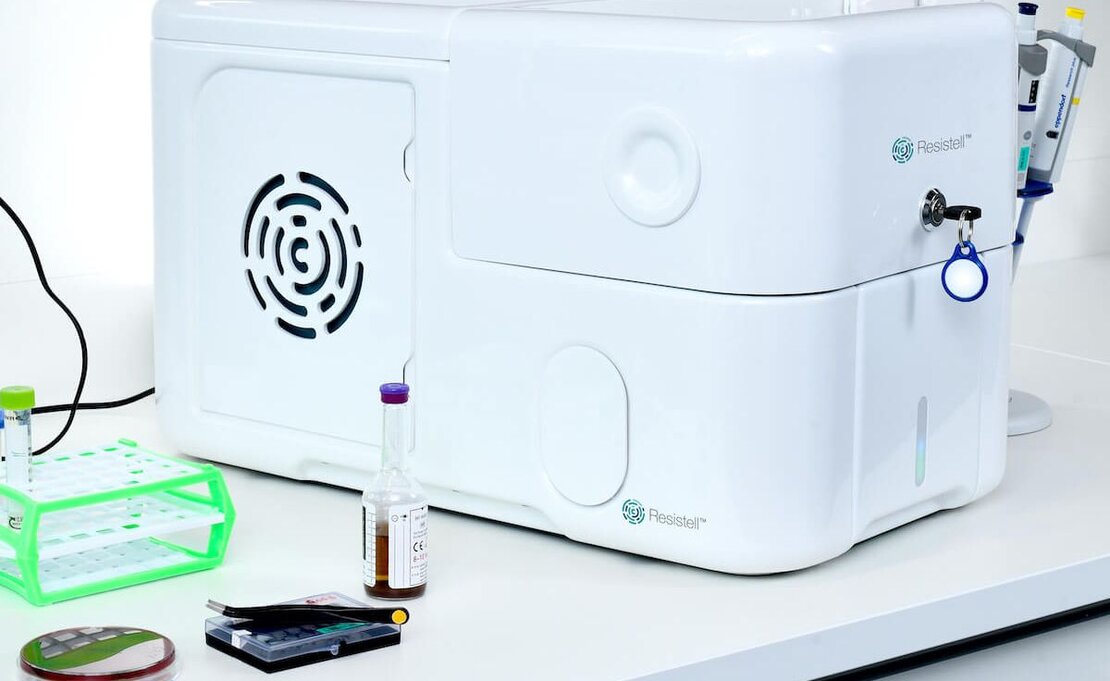Innovative Medicines for Tuberculosis relies on Resistell’s technology
31.03.2023Resistell, a leader in phenotypic nano-motion technology for measuring living cells, has entered a strategic partnership with the Innovative Medicines for Tuberculosis (iM4TB) foundation, a Swiss non-profit fighting tuberculosis (TB). The latter will deploy Resistell’s proprietary to further investigate its TB drug candidate, macozinone.

Tuberculosis, caused by the bacterium Mycobacterium tuberculosis, is the leading cause of death from infectious disease in the world. According to the World Health Organisation (WHO), it is estimated that 10 million people became ill with tuberculosis in 2018 and 1,6 million died from the disease. Although its incidence is decreasing, the drug-resistant variety of the infection constitutes a growing threat to the safety of the world's population. The UN has thus committed to ending the tuberculosis epidemic by 2030 through the joint action of its member states.
The Innovative Medicines for Tuberculosis (iM4TB) foundation is one of the players dedicated to developing better and faster-acting medicines to fight TB. The organization has been created to meet the financial needs of the pre-clinical and clinical phases, giving the opportunity to its scientists to further develop this very promising drug candidate as well as others in the future.
The organisation’s project focusing on the development of macozinone (PBTZ169) was discovered and developed by the European Commission’s 6th Framework (FP6) consortium NM4TB – New Medicines for Tuberculosis (2006 – 2011) and 7th framework (FP7) consortium MM4TB. Macozinone successfully completed phase 1a, b clinical trials at the at CHUV (Centre Hospitalier Universitaire Vaudois) in Lausanne and is now undergoing further formulation for phase 2 trials.
Generating phenotypic data ten times faster
To advance this work and better understand macozinone’s bactericidal properties, IM4TB is deploying Resistell's phenotech device. Professor Stewart Cole, Chair of the iM4TB board, said that “it is great to see two EPFL spinoffs working together to tackle tuberculosis, the world’s leading killer. The Phenotech device will accelerate macozinone development by generating phenotypic data ten times faster than conventional methods.”
"We are honoured to collaborate with iM4TB in this study and to help them in the development of a more effective and affordable treatment for tuberculosis," said the CEO of Resistell, Danuta Cichocka.
Work at iM4TB is supported by the Bill and Melinda Gates Foundation and the European Regimen Accelerator for Tuberculosis, part of the European Commission’s Innovative Medicines Initiative to tackle antimicrobial resistance (AMR).
(www.startupticker.ch)